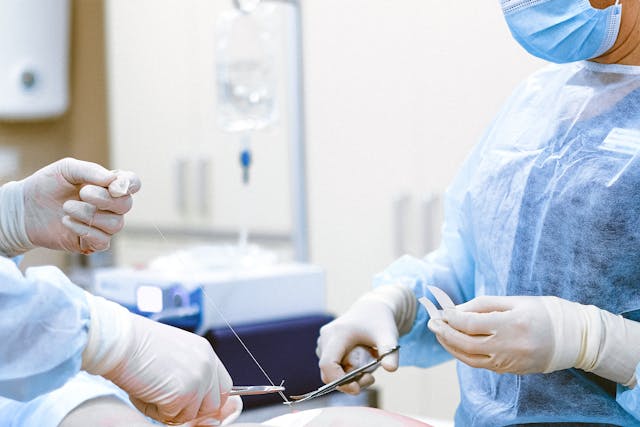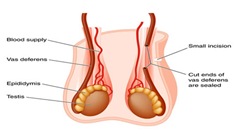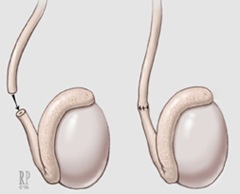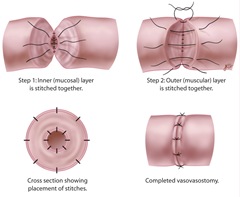In this blog, we will explore the latest advancements in microsurgical techniques for vasectomy reversal and how they benefit patients.

The Evolution of Vasectomy Reversal: Microsurgical Techniques
Vasectomy reversal has seen significant advancements over the years, particularly with the development of microsurgical techniques. These innovations have greatly improved success rates and reduced complications, offering hope to many men who wish to restore their fertility.
Understanding Microsurgery in Vasectomy Reversal
Microsurgery involves the use of high-powered microscopes and specialized instruments to perform delicate procedures with exceptional precision. In the context of vasectomy reversal, microsurgery allows for the accurate reconnection of the vas deferens, the tubes that were cut during a vasectomy.
Key Microsurgical Techniques
Vasovasostomy
Vasovasostomy is the most common microsurgical technique used in vasectomy reversal. It involves directly reconnecting the two cut ends of the vas deferens. This procedure is typically performed when there are no blockages and the fluid from the testicular end contains sperm.
- High-Powered Microscope: The use of a high-powered microscope allows the surgeon to see the tiny structures of the vas deferens clearly, ensuring precise alignment and suturing.
- Fine Sutures: Microsurgical sutures are finer than a human hair, which minimizes tissue damage and promotes better healing.
- Improved Success Rates: Advances in vasovasostomy techniques have led to higher success rates, with many patients achieving restored fertility.
Vasoepididymostomy
Vasoepididymostomy is a more complex microsurgical technique used when there is a blockage in the epididymis or when the fluid from the testicular end does not contain sperm. This procedure connects the vas deferens directly to the epididymis.
- Advanced Techniques: The development of new microsurgical techniques has improved the success rates of vasoepididymostomy, making it a viable option for patients with blockages.
- Precision and Skill: This procedure requires a high level of precision and skill, as the structures involved are incredibly small and delicate.
- Bypassing Blockages: By connecting the vas deferens to the epididymis, vasoepididymostomy effectively bypasses blockages, allowing sperm to flow freely.
Benefits of Microsurgical Techniques
Minimally Invasive
Microsurgical techniques are minimally invasive, which means they cause less trauma to the surrounding tissues. This results in a faster recovery time and fewer complications for patients.
Higher Success Rates
The precision of microsurgical techniques has led to higher success rates in vasectomy reversals. Patients are more likely to achieve restored fertility and natural conception.
Reduced Scarring
The use of fine sutures and advanced techniques minimizes scarring, which can improve the overall outcome of the surgery and reduce the risk of future complications.
The Importance of Choosing an Experienced Surgeon
The success of microsurgical vasectomy reversal largely depends on the skill and experience of the surgeon. It is crucial to choose a urologist who specializes in microsurgery and has a proven track record of successful vasectomy reversals.

Advancements in Microsurgical Techniques for Vasectomy Reversal: Conclusion
Advancements in microsurgical techniques have revolutionized vasectomy reversal, offering men a greater chance of restoring their fertility. With higher success rates, minimally invasive procedures, and reduced complications, microsurgery has become the gold standard for vasectomy reversal.
For expert guidance and comprehensive care throughout your vasectomy reversal journey, contact:
Yaniv Larish, MD
4 East 76th Street
New York, NY 10021
(646) 862-5500
Dr. Yaniv Larish is dedicated to providing personalized care and utilizing advanced microsurgical techniques to help you achieve your family planning goals. Schedule a consultation today to learn more about vasectomy reversal and the benefits of microsurgery.



